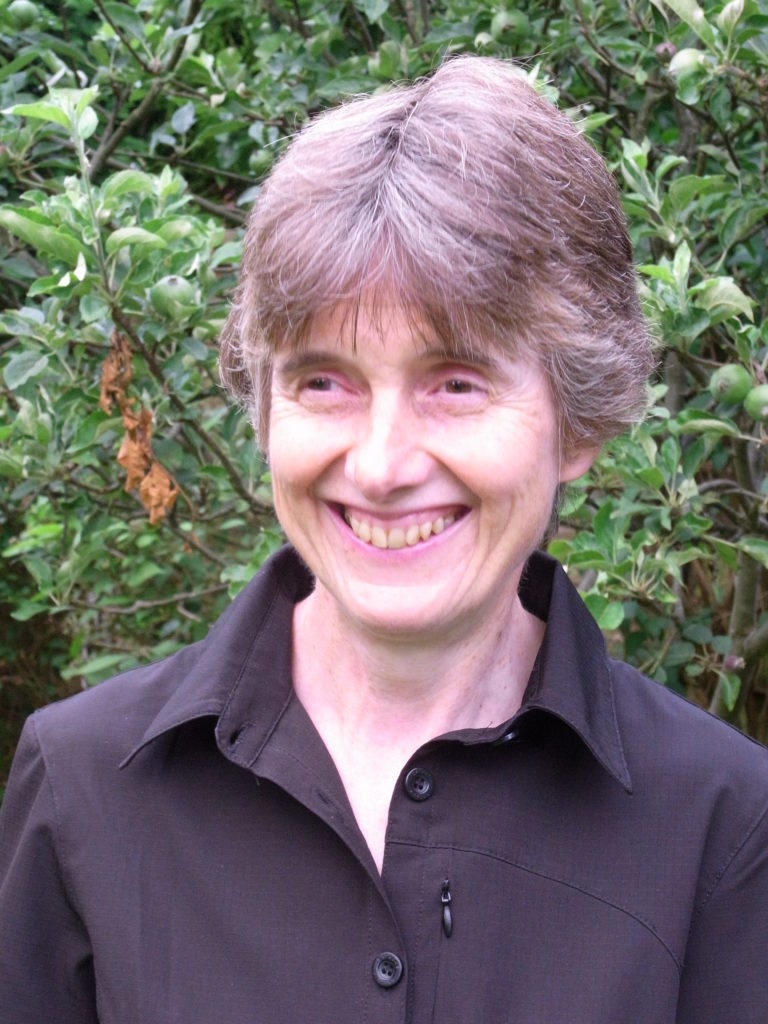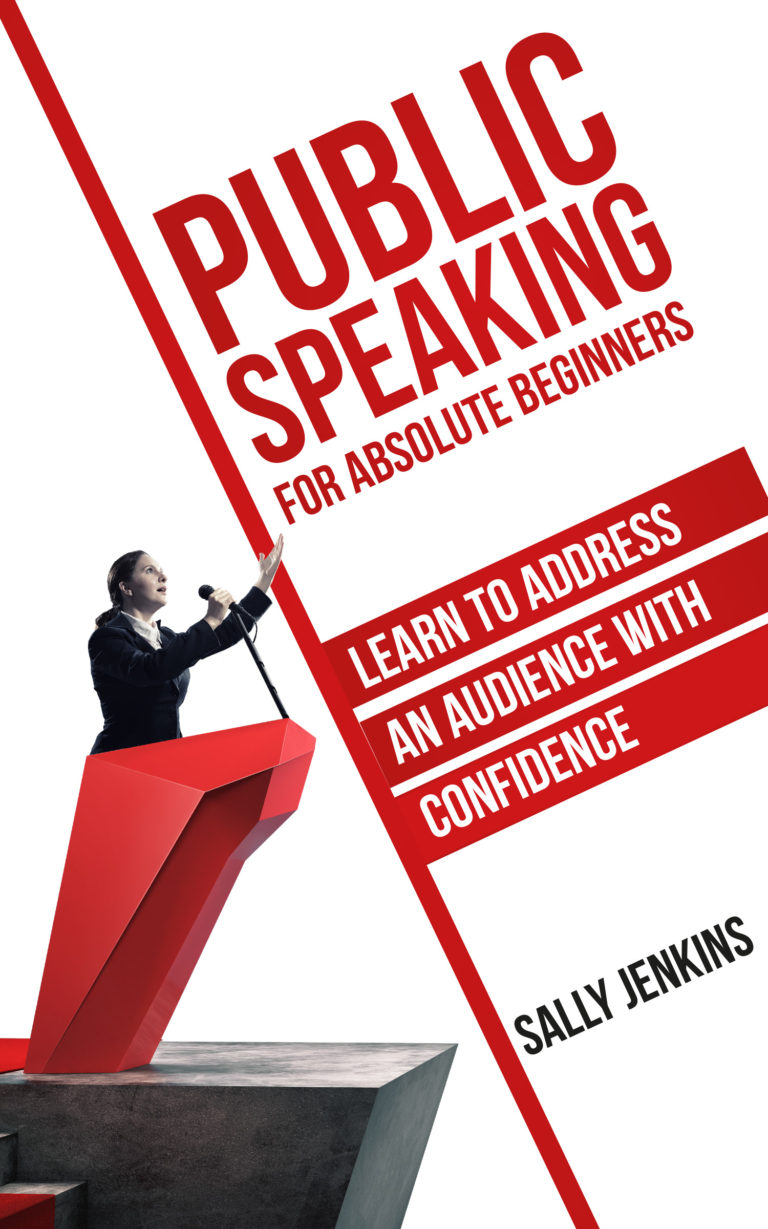Guest Post: Make Money From Speaking!
Today I am pleased to bring you a guest post from my friend and near-neighbour, Sally Jenkins.
Sally is a successful author of both fiction and non-fiction. She also regularly gives talks about writing and related subjects (including to my local U3A group). Sally has also written a book called Public Speaking for Absolute Beginners (pictured below).
Public speaking can be a good paying sideline for retired and semi-retired people. As well as the financial benefits, it can offer an enjoyable opportunity to talk about your hobbies and interests, or your current or former career. I’ve also known people who have done public speaking as a method of raising money for charities or other causes close to their heart. Although the pandemic and lockdowns temporarily put paid to most public speaking work, as life has returned to normal the opportunities are definitely out there again.
Over to Sally then…
Wouldn’t it be great to make extra money by following your passion? A hobby that pays makes ‘working’ a pleasure. Unfortunately, things like stamp-collecting, rambling and local history rarely turn a profit, but there is a way to make them pay: share your specialist knowledge with others.
Community organisations such as the WI, Probus and independent Leisure and Learning clubs struggle to find speakers for their meetings. I speak about novel-writing at many such groups and am always asked if I know of any other speakers open for bookings. These are paid gigs. How much you charge, how far you travel and what type of bookings you take are all up to you. Depending on the policy of the organisation, these events may also give you the opportunity to sell produce from your hobby. For example, I sell copies of my books, but a creator of conserves might sell jam and marmalade or an artist, his paintings.
Below are some tips for starting a speaking career:
- Collate enough material for a 45-minute talk and sort it into a logical sequence. Include stories that will capture the listener rather than a lot of heavy facts.
- Refine the material into minimal bullet-pointed notes. It’s important to talk freely around each bullet point rather than read from a manuscript. Reading makes eye contact with the audience difficult and hand gestures to illustrate your words are almost impossible.
- Think about any visual aids; these add variety and colour to a talk. When I talk about thriller-writing I produce some ‘murder weapons’ – a rolling-pin, a (blunt) knife and a packet of tablets. The conserve creator might show her jam pan and specialist thermometer. The artist might have a range of brushes to discuss.
- Practise! Producing a successful talk is like an iceberg. At least 90% of the work is in the preparation beforehand. However, once you’ve perfected your performance, you can give that same talk many times to different groups.
- Don’t be surprised if you are handed a microphone to use. This often happens in large halls or where several audience members are hard of hearing. Hold it at a consistent distance from your mouth and don’t turn your face away from it. Practise at home by holding a wooden spoon – this will give you an idea of what it’s like to talk with only one free hand.
- Join a speakers club to get feedback on your speaking technique. Look at the Association of Speakers’ Clubs or the Toastmasters websites to find one near you.
- Enquire at your local church hall about community groups who meet there and use speakers.
- Do a couple of small bookings for free and ask for feedback from the audience. Once you’re confident, don’t make a habit of speaking for free (unless it’s a charitable cause) because that makes it harder for other speakers to ask for a fee.
- Register on a speakers’ website such as Public Speakers Corner.
Receiving a cheque at the end of a talk is good but public speaking brings other benefits, such as the opportunity to meet new people and share your knowledge. It will improve your everyday confidence as well. When you can speak in front of an audience, complaining in a shop or restaurant is less daunting, putting your point of a view in a meeting is easier and making small talk with strangers at a party is no problem.
There is much more information on public speaking in Public Speaking for Absolute Beginners, including advice on constructing a speech plus chapters on Speaking Engagements, Weddings and the Eulogy. Public Speaking for Absolute Beginners is available from Amazon in Kindle and paperback format.
Sally Jenkins is an author and speaker. In 2018 she reached the national final of the Association of Speakers Clubs Speech Competition. Follow her on Twitter @sallyjenkinsuk or Facebook.
Many thanks to Sally Jenkins (pictured) for an interesting and inspiring article. Although as I said to her, I hope she never gets stopped by the police on the way to one of her public-speaking gigs and asked why she has all those ‘murder weapons’ in her bag!
her public-speaking gigs and asked why she has all those ‘murder weapons’ in her bag!
I have done a bit of speaking myself, both for work reasons (in the long-ago days when I had a proper job) and to talk about writing or blogging. I always get nervous beforehand, but once I start I normally enjoy it and get a buzz from doing it.
I would maybe add one more tip to Sally’s list and that is to compile a list of topics you can speak about (with appropriate visual aids, of course). You can then offer potential bookers a ‘menu’ they can choose from. This has the benefit that if they don’t like one idea, they may well go for another. It also means you can potentially get repeat bookings, maybe on a regular basis, speaking on a different subject each time. This certainly happens with some of the speakers who are booked by my local U3A.
As always, if you have any questions about this article, for Sally or for me, please do post them below.
This is a fully updated version of an original post from 2019.


